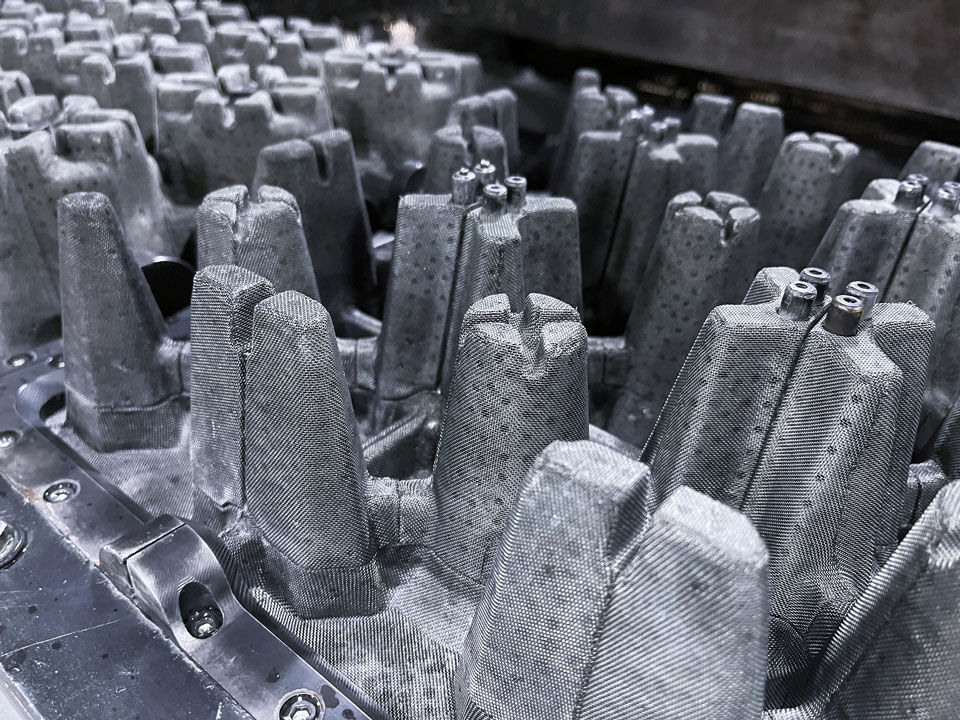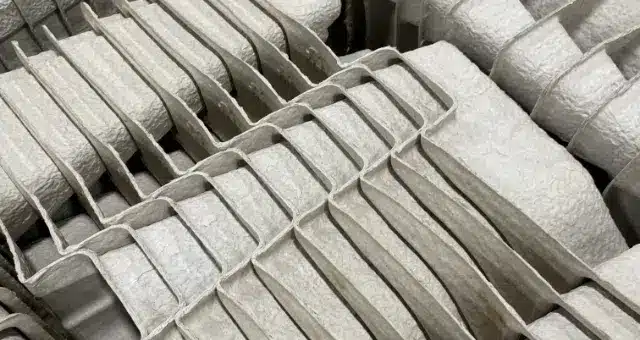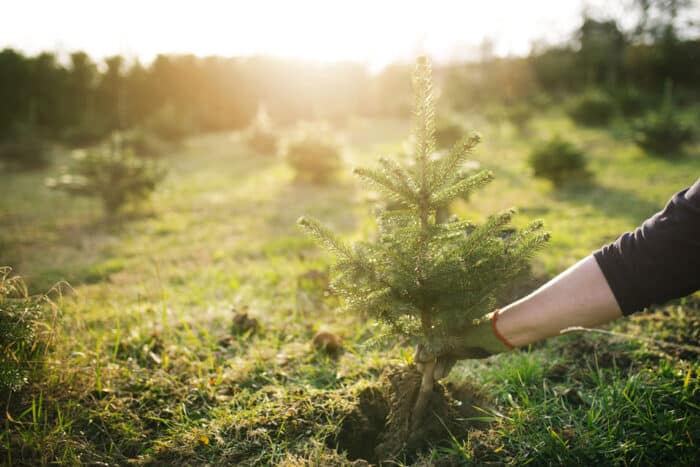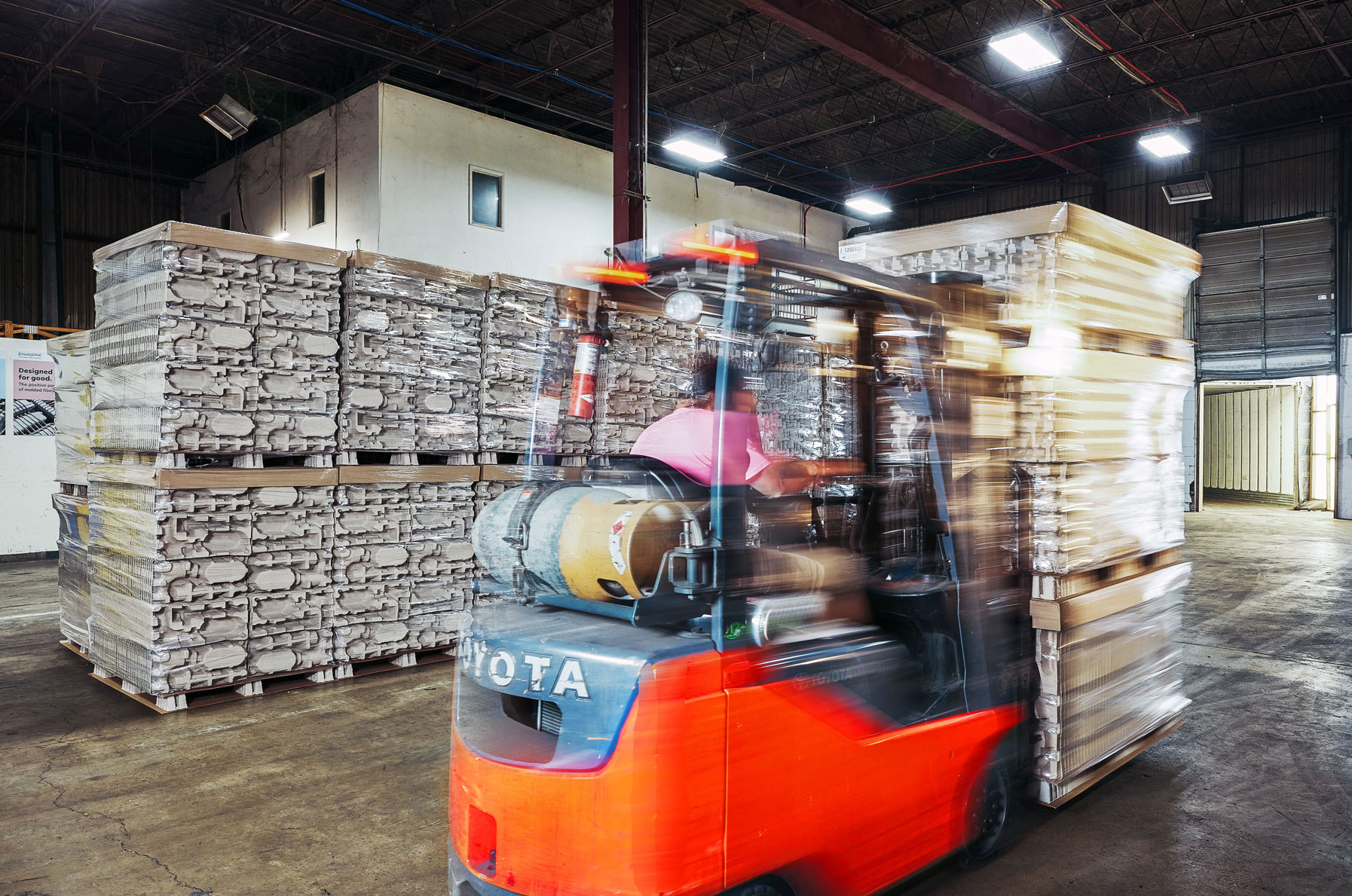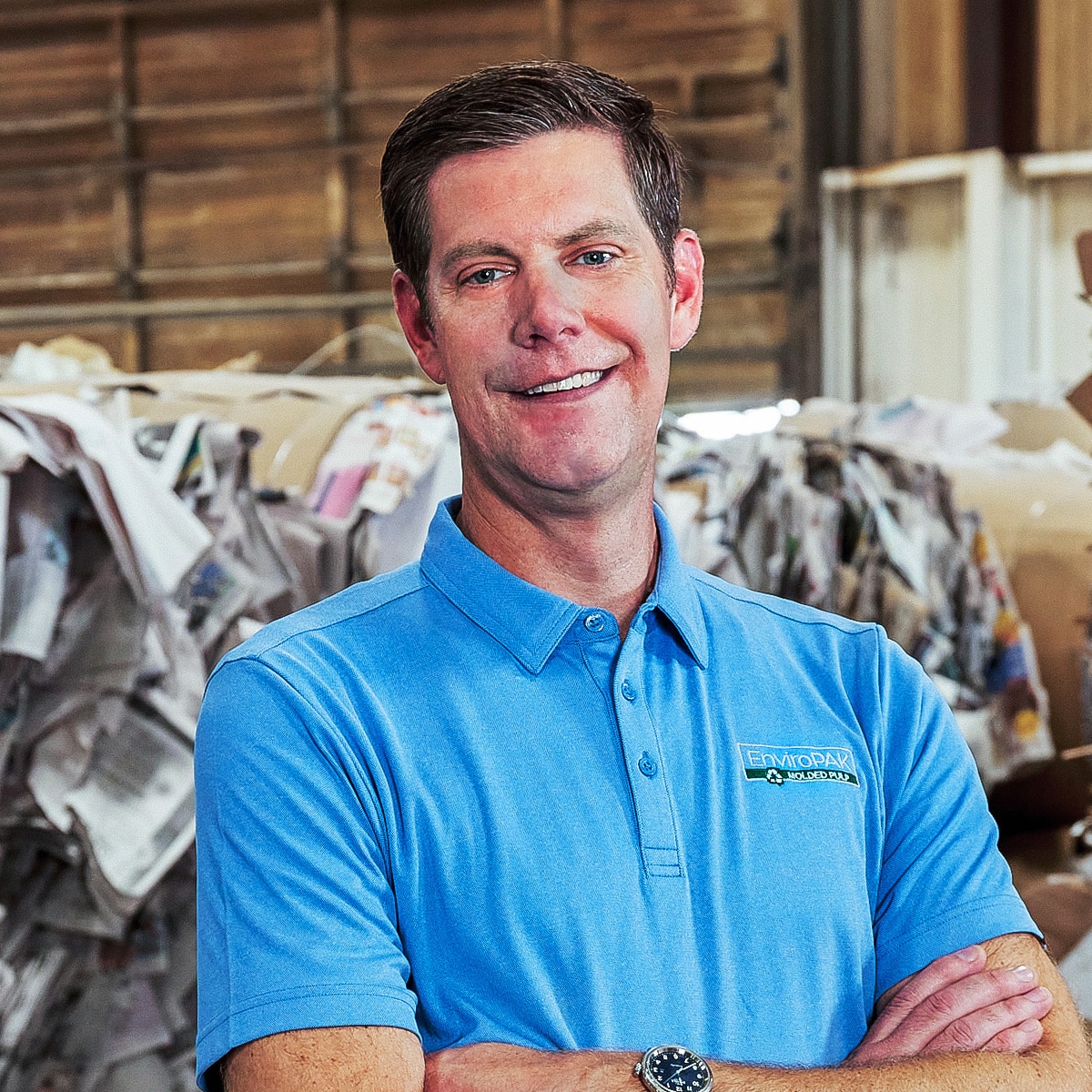Packaging is the final stage of product development. It’s required for more than just safe, secure shipping. Equally as important is how packaging is essential to provide the brand appeal consumers gravitate toward when making a buying decision on the store shelf.
One key factor that can quickly grind product delivery and sales profitability to a halt: The lack of raw materials required to manufacture packaging.
Product manufacturers worldwide are constantly facing this supply chain dilemma as their packaging suppliers face a shortfall of raw materials such as petroleum-based plastics. And no brand is immune. Outdoor goods, health & beauty, home goods, kitchen & laundry appliances, bathroom fixtures, even aftermarket parts for ATVs, cars and trucks – supply chain disruptions of packaging material affects every industry no matter what product they manufacture. But how do you respond?
Raw material shortages and the missed opportunity.
Without a reliable, proven packaging supplier a company’s product becomes vulnerable to missed production schedules and late shipments. The ripple effect from delays is even more costly. Store shelves can have a limited stock or be completely out of everyday consumer goods such as razors, electronics, wine, or even candles. Companies can also miss high dollar sales opportunities such as the holidays or other seasonal buying surges.
The price tag due to delays from packaging material supply chain issues is not cheap for companies. Especially if it involves a new product launch. According to Supply & Demand Chain Executive, “A delay in a product launch can cost a company anywhere between 15 – 35% of their net value, which quantifies all of the potential cash inflows and outflows of an investment in present dollars.”
A Gartner report further states that “only 55% of product launches take place on time, with 45% experiencing delays of at least one month.” The report continues by pointing out that a product may not launch in the scheduled time frame due to several factors, including supply problems.
Removing risk and replacing it with supply chain reliability.
There are a multitude of factors responsible for raw material shortage used to manufacture packaging. This is clearly evident in securing raw sources of plastic such as polypropylene and polyethylene. For instance, overconsumption is playing a major role. Weather is negatively impacting this as well. Plus, overseas shipping challenges are also a cause in shipment of raw material delays.
A recent article by Inbound Logistics states that “80% of manufacturers fear raw material shortages such as plastic in 2024.” All this brings up a lot of questions on how to resolve the supply and demand of raw materials. The answer could easily be through sustainable and renewable packaging material such as molded fiber.
Sustainable material choices such as molded fiber is a supply chain strategy already being put to practical use in packaging for reducing cost risk directly attributed to material shortage challenges. These companies have in place a proven solution to manage the supply chain by aligning with sustainable packaging manufacturers.
Sustainable packaging is gaining a lot of momentum.
How prevalent is this positive movement toward sustainable packaging offsetting the supply challenges associated with raw material such as plastic? According to Capterra, 92% of companies currently use or are thinking about using recyclable packaging, 89% utilize biodegradable shipping boxes, and 88% have switched to biodegradable product packaging that includes molded fiber.
In addition to these impactful numbers, 82% of these same companies include instructions directly on their sustainable packaging on how to reuse and recycle the material.
A shift in the right direction.
With consumers moving toward more eco-friendly brands, and the need for these companies to overcome their supply chain challenges, the shift to environmentally friendly and supply chain dependable molded fiber material is far from a packaging trend. It’s the future.
EnviroPAK is ready today with a readily available resource of recycled paper. Plus, we have the engineering and manufacturing expertise to create custom molded fiber packaging that safeguards your products … and it supplies the brand appeal consumers are shopping for every day.
Learn more about why molded fiber packaging is the right direction for the environment, your supply chain, and your customers by contacting EnviroPAK today. At EnviroPAK, our molded fiber packaging, made from 3,500 tons of recycled paper yearly, is the ideal sustainable, biodegradable and compostable solution to protect your products and your brand image with consumers.
